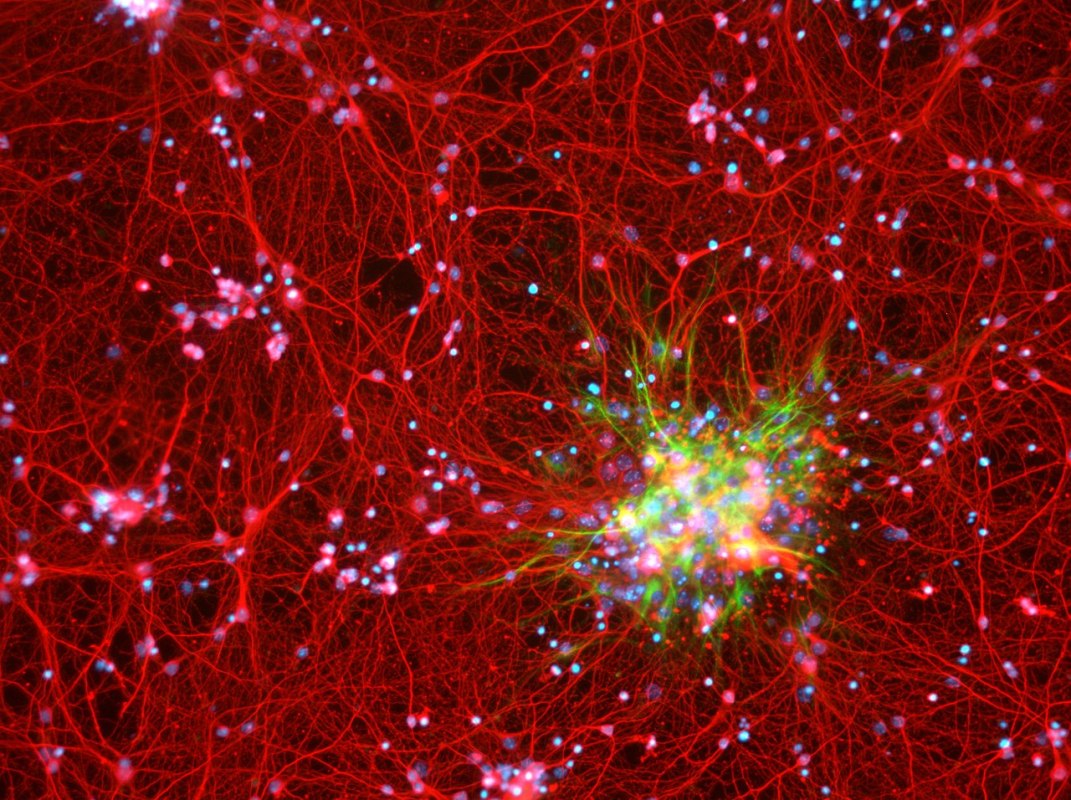As the world’s level of technology advances, so too does our ability to simulate life within a computer. This, in turn, can lead some thinkers down a more philosophical route, pondering whether our own universe might well be the product of a simulation running in some higher reality.
While it might sound like science fiction — probably because it’s been a recurring element in numerous science fiction films and novels — it’s also an idea that has plenty of high-profile advocates. For one thing, it’s a notion that has caught the attention of thinkers like Elon Musk, among many others.
Now, Nobel laureate and theoretical physicist Frank Wilczek has offered his own take on the idea that we’re all living in a simulation in an article published by The Wall Street Journal. He dubs the idea “just crazy enough to be worth taking seriously.” He also puts it in a welcome context, noting that dreams — effectively, a vivid simulation of reality — already make up part of our existence.
Wilczek also explores the historical roots of the idea that we’re living in a simulation. He writes that “[i]t is a computer-age variation on the philosophical notion of idealism, according to which so-called physical reality is at base mental, not material.”
It’s a timely reminder of the history behind this idea. Wilczek cites the film The Matrix as the most widely-known example of this theory — and it’s probably no coincidence that at a time when speculation over the nature of our existence is on the rise, a new Matrix film is in the works.
Last year saw the publication of two books that also dealt with the idea of life in a simulation. One of them, Rizwan Virk’s The Simulation Hypothesis, is nonfiction; the other, Neal Stephenson’s Fall, is fiction. Stephenson’s novel involves a simulated world that ends up acting as a kind of digital afterlife, though he also uses the novel’s plot to explore more existential questions.
In an interview conducted last year, Stephenson noted that one logical end point for this could be “a future world where there’s maybe just a handful of surviving humans and all they do is look after the robots that look after the other robots that look after other robots that look after the machinery.” Or perhaps that’s what currently exists in the world running the simulation that we call existence.
Virk’s book begins with an argument made by philosopher Nick Bostrom, in which he explored the nature of existence and the progression of technology. And Virk stated in an interview with Vox that living in a simulation might help answer some pressing scientific questions. ”There are lots of mysteries in physics that are better explained by the simulation hypothesis than by what would be a material hypothesis,” he said.
Later in the same interview, Virk raised an unsettling existential question: “The question is, are all of us NPCs in a simulation, and what is the purpose of that simulation?” Even more unnervingly, this is basically the premise of the forthcoming comedy Free Guy, which stars Ryan Reynolds. Will a slapstick action comedy reveal essential truths about our own existence? If so, we might live in the strangest simulated reality of all.
Subscribe here for our free daily newsletter.
Thanks for reading InsideHook. Sign up for our daily newsletter and be in the know.


















